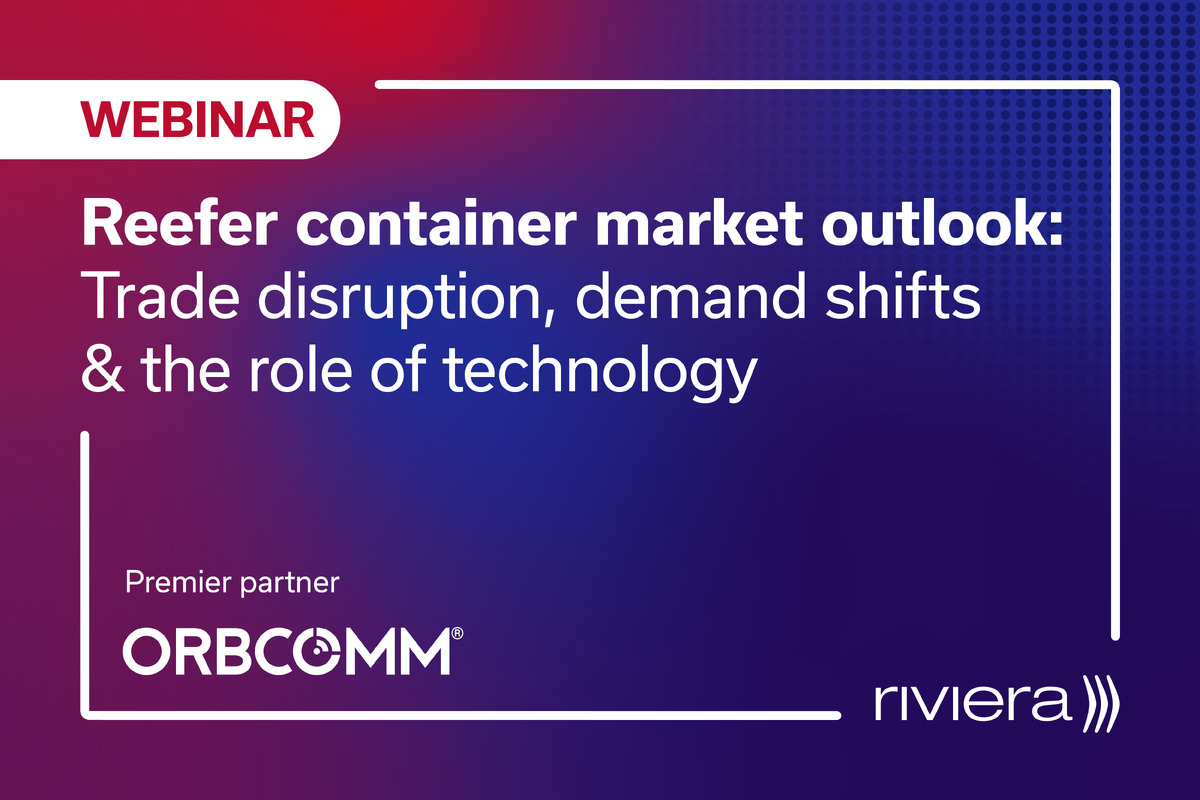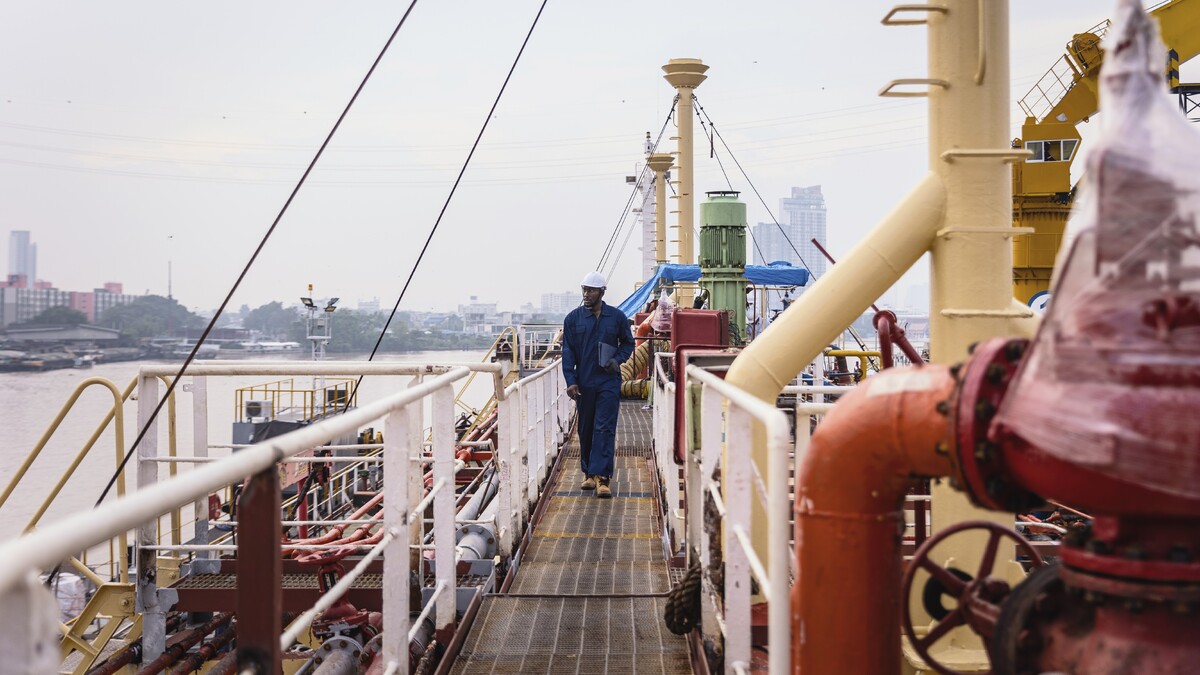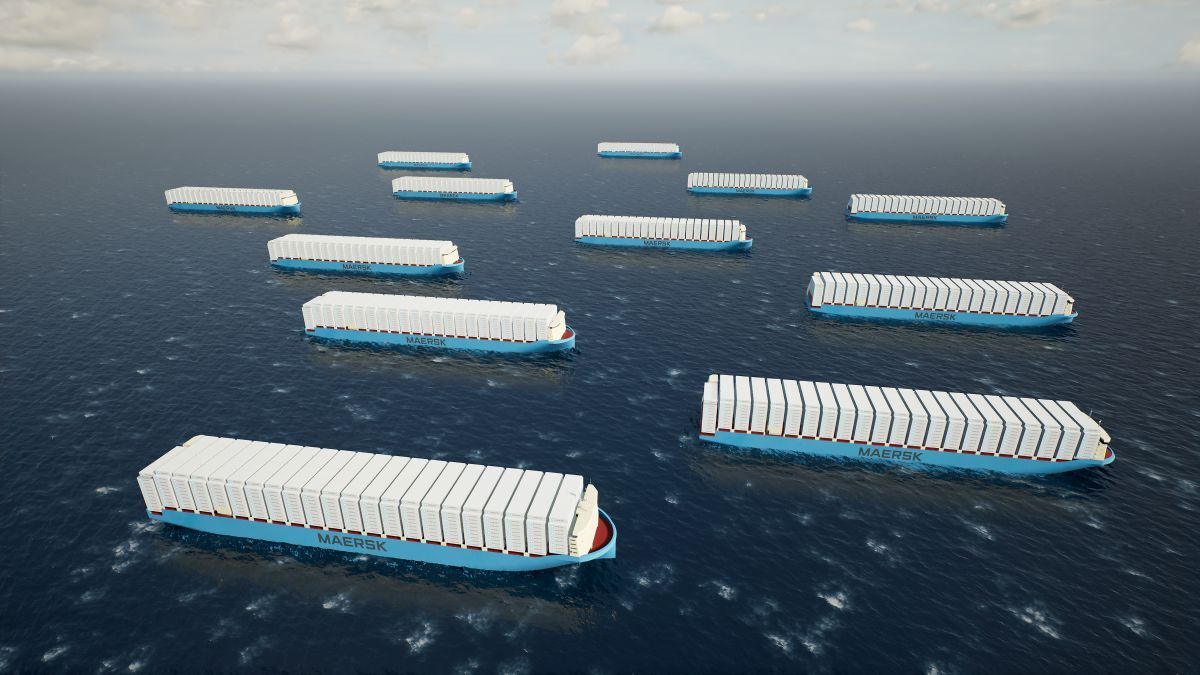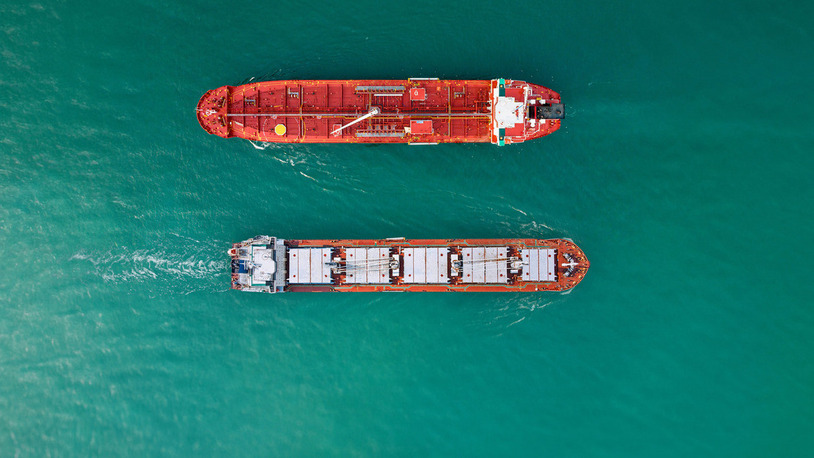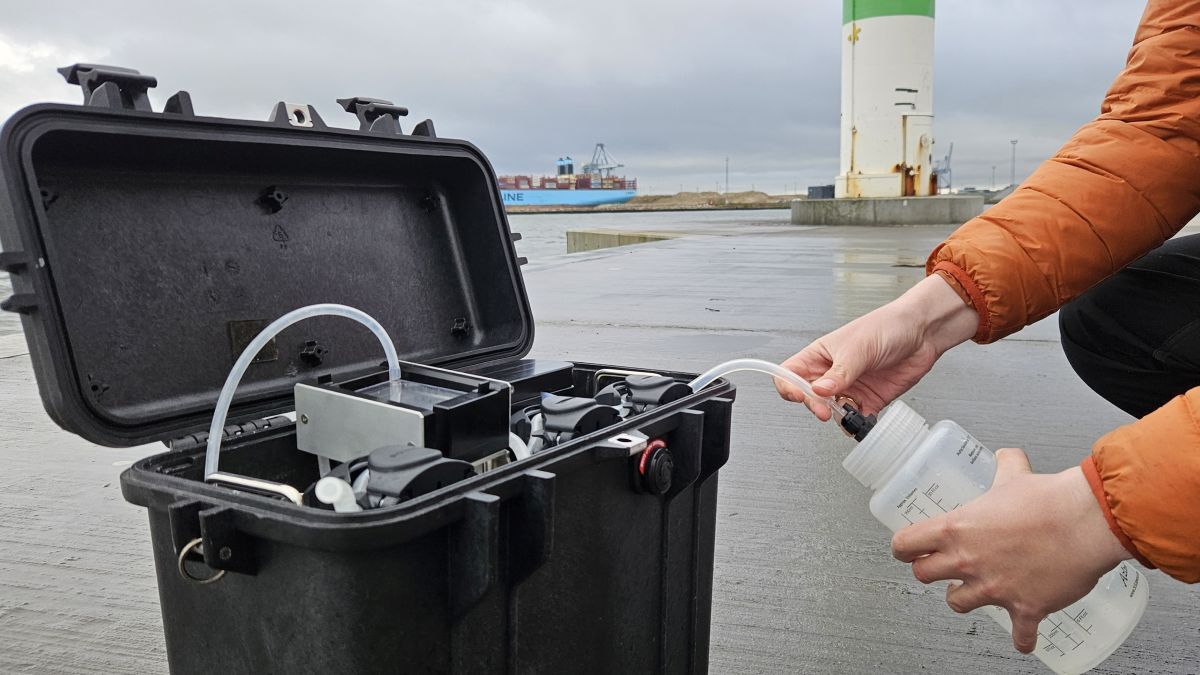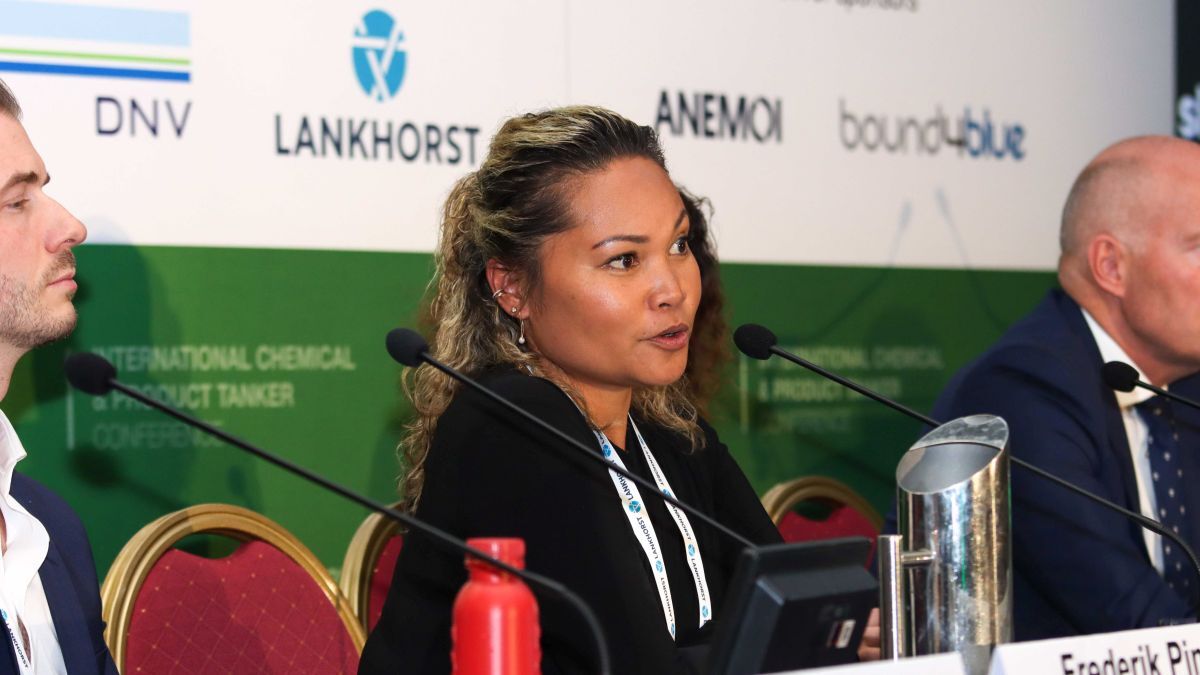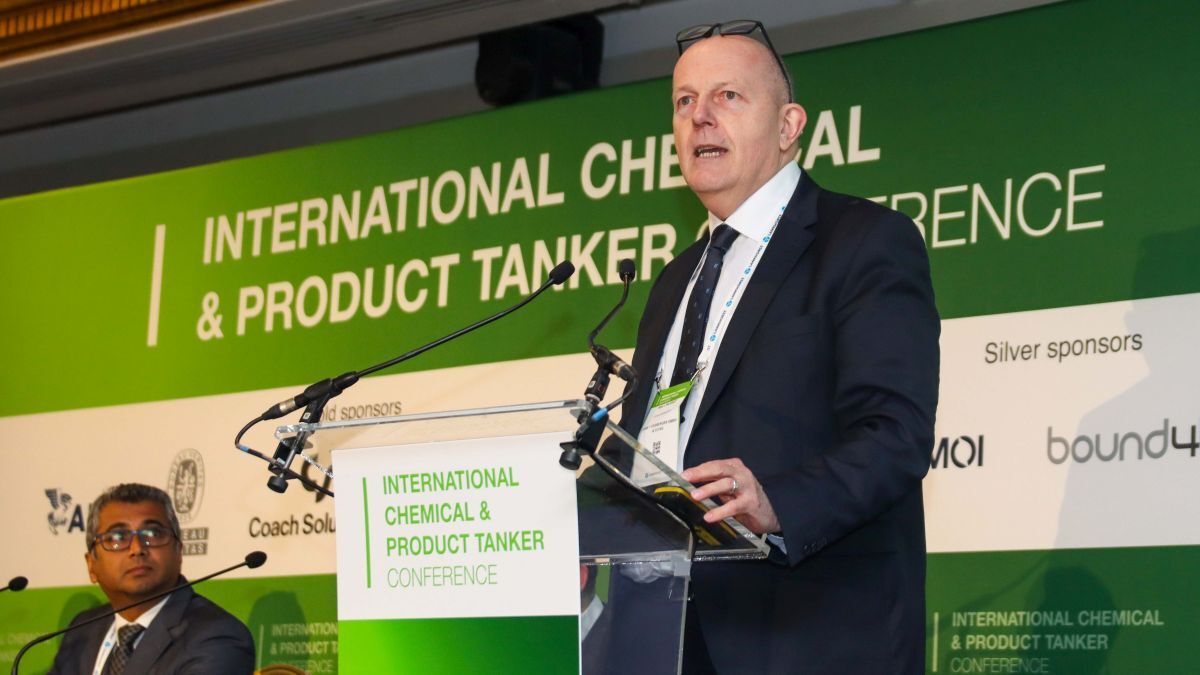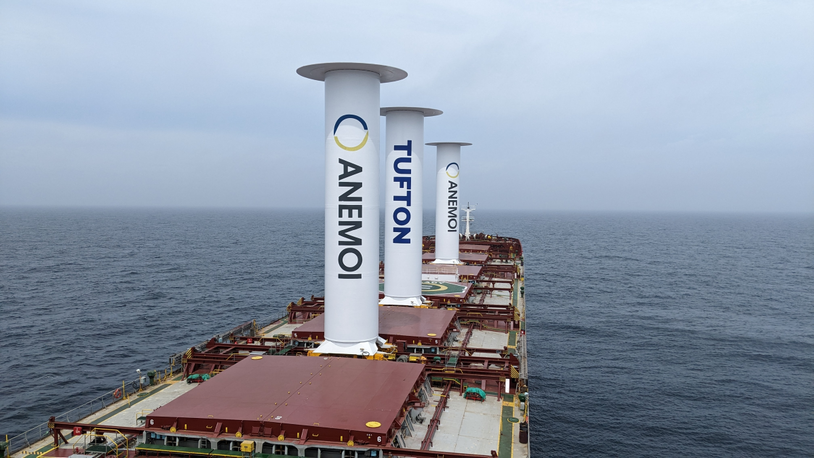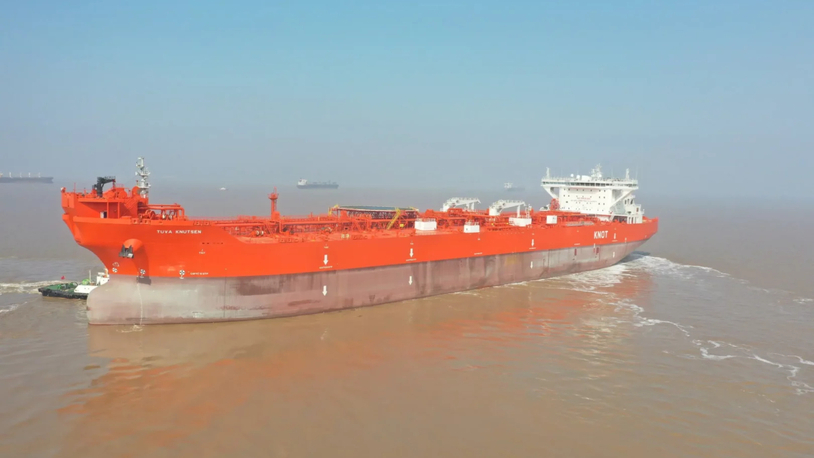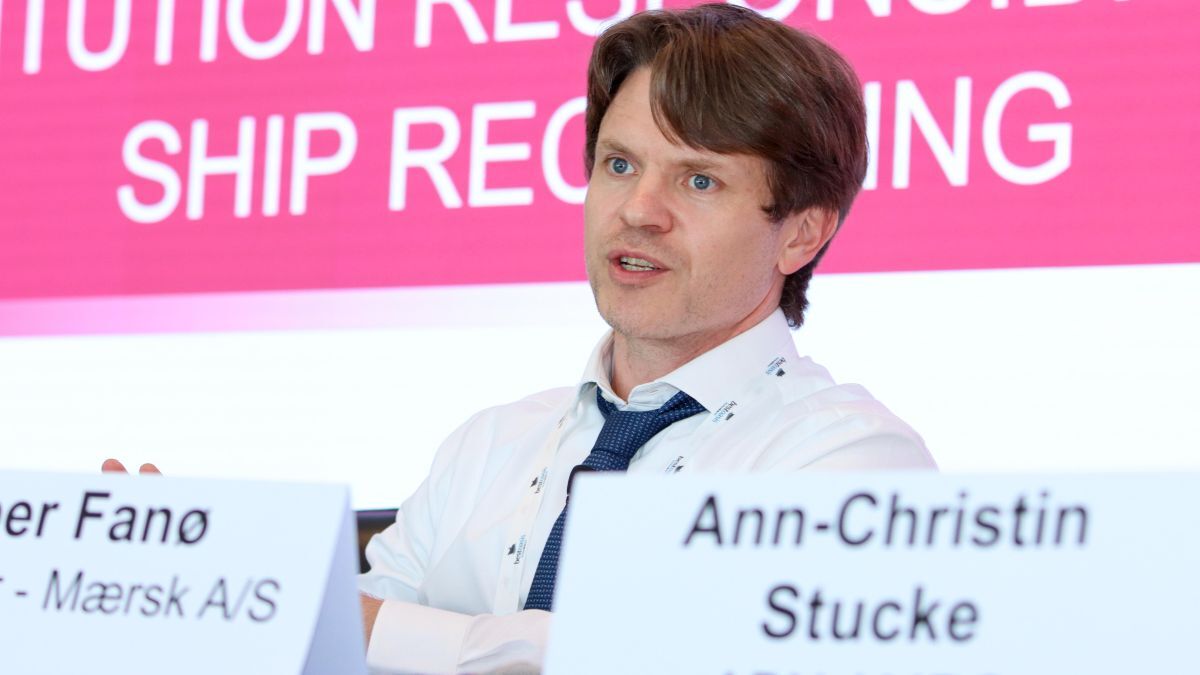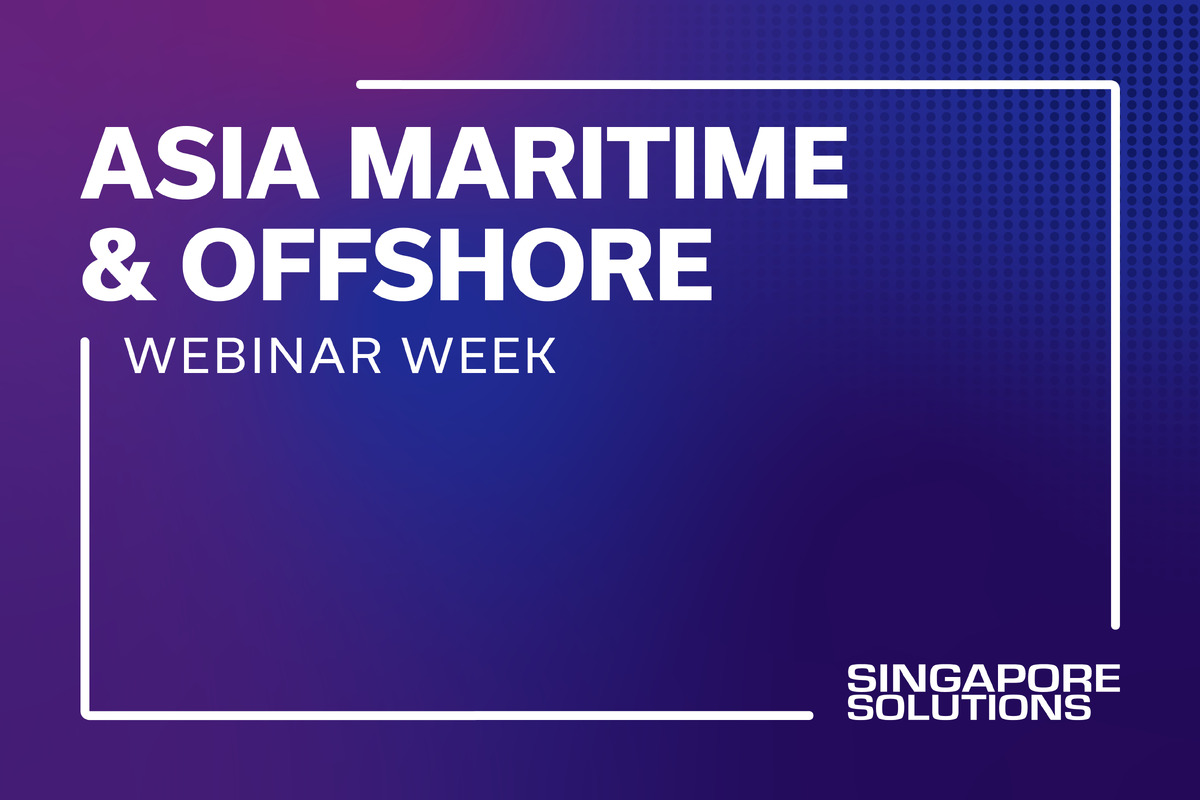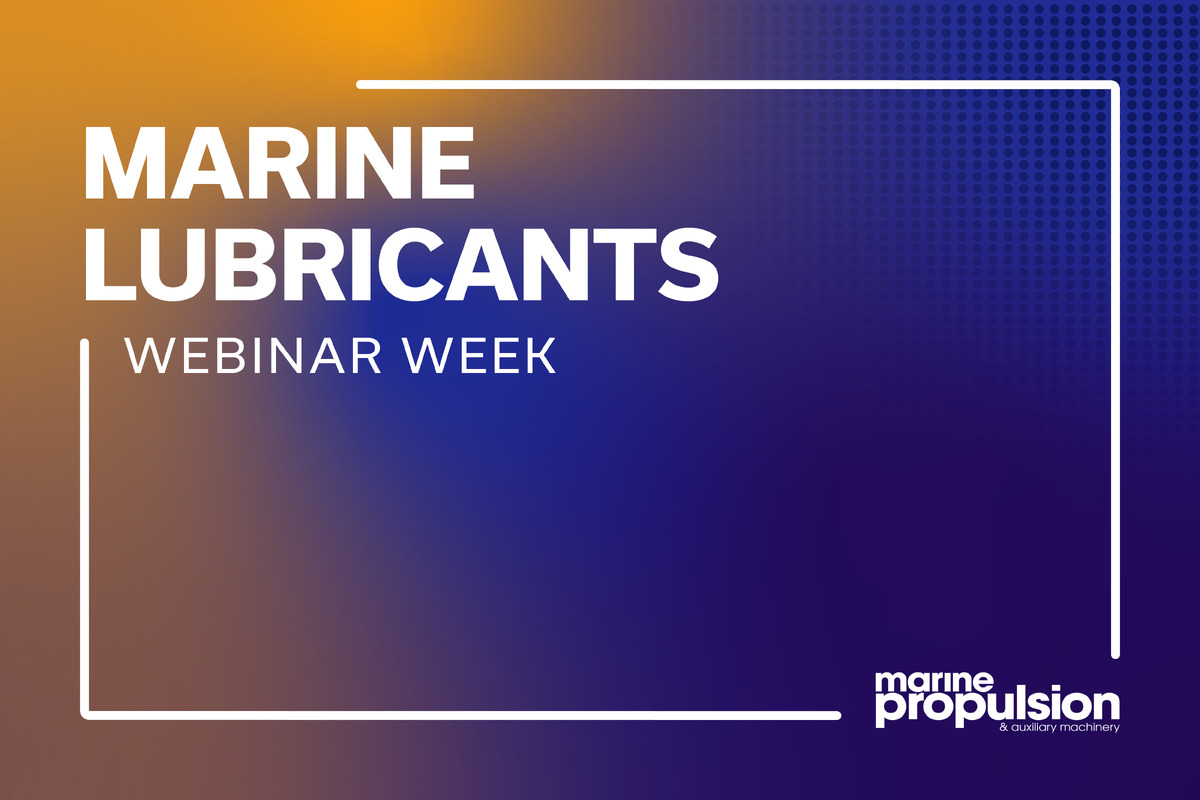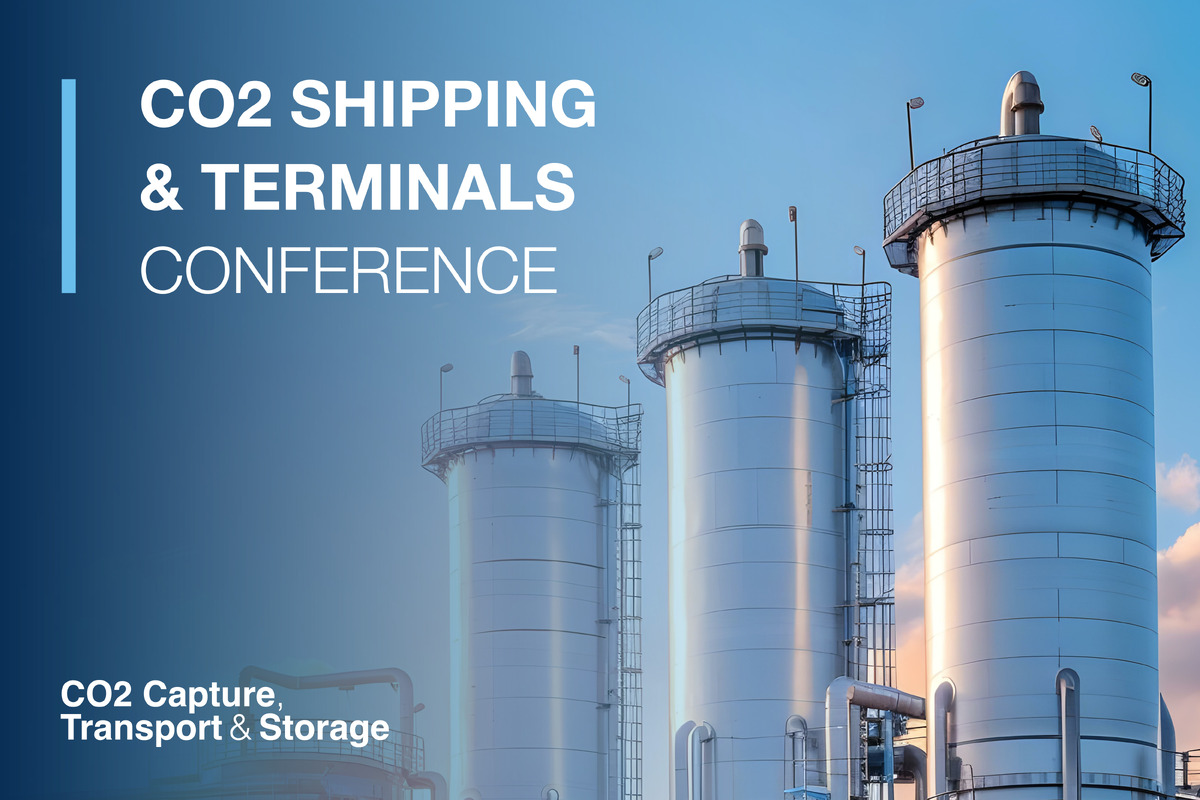Business Sectors
Contents
As shipping embraces methanol, LR report highlights 'obstacles' to development
Clarksons shows 62 orders for methanol-fuelled newbuilds in H1 2023, but a new Lloyd’s Register (LR) report says pricing, availability and carbon accounting could hold back wider expansion for the fuel
The LR report, Fuel for Thought: Methanol, found that while technology for methanol as a marine fuel is feasible, available and mature, with "most engine makers" ready or soon to offer methanol-ready dual-fuel engines and "significant evidence of interest from shipowners," the primary challenges for the industry’s adoption of methanol are investment and community readiness.
"By 2030, it is estimated methanol could account for 20% of the vessel orderbook," LR says. "While community readiness is lower than technology readiness for methanol, the study shows this is growing, with the industry drawing on the experience of transporting methanol as a cargo and its use as a fuel over the last decade."
Clarksons Research data on ship orders in 2023 supports the assertion, with Clarksons Research managing director Steve Gordon saying, "We estimate 44% of newbuild tonnage ordered in the first half was alternative fuelled, with 62 methanol orders, catching up to the 86 LNG orders."
The LR report highlights that guidelines for safe bunkering have been written and the groundwork laid for future international safety requirements, and points to class regulations already in place to ensure the safety of newbuilding and retrofit designs for methanol fuel.
However, LR says significant challenges remain for methanol’s wider adoption.
"The biggest obstacles for the further development of methanol as a fuel relate to its pricing, availability and carbon accounting," the report found.
With low production of green methanol and the current orderbook, LR says availability for shipping could create a barrier to uptake, driving up prices.
"Lack of methanol availability could also lead to questions as to whether methanol produced will be certified as green, which ensures the greenhouse gas emissions are accounted for as part of a full lifecycle assessment. Currently, the majority of methanol produced at scale is sourced from natural gas and is not renewable," the report said.
The study also pointed out that methanol’s energy density, as compared with diesel and fuel oils, is problematic, with vessels potentially requiring up to two and half times the amount of methanol as they would traditional fuel for operations.
Lloyd’s Register regional advisory services manager for Asia Douglas Raitt said, “Methanol’s time to shine as an alternative fuel candidate for the maritime energy transition is long overdue. While there is no single fuel which will provide a ‘silver bullet’ for decarbonisation, methanol has the potential to play a key role in a multi-fuel future as part of the maritime industry’s ambition to decarbonise. The Fuel for Thought report shows how crucial the commercial scale-up of green and blue methanol production is if the fuel is to be widely adopted by the maritime industry. We are, however, seeing positive signs with continued growth in technology and community readiness for methanol.”
Strategies for reducing GHG emissions from now to 2050. Riviera’s two-day Maritime Decarbonisation, Europe: Conference, Awards & Exhibition 2023 conference returns to Amsterdam on 26-27 September 2023, seeking to bring clarity to regulatory directions and decarbonisation pathways for both newbuilds and existing vessels
Related to this Story
Events
Reefer container market outlook: Trade disruption, demand shifts & the role of technology
Asia Maritime & Offshore Webinar Week 2025
Marine Lubricants Webinar Week 2025
CO2 Shipping & Terminals Conference 2025
© 2024 Riviera Maritime Media Ltd.
